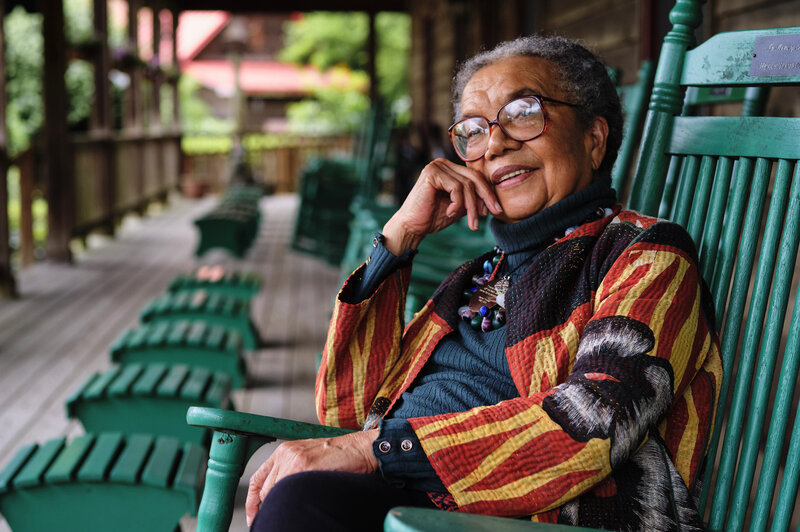- Teacher: Gerald Taylor
- Teacher: Gerald Taylor
- Teacher: Barry Bryant

- Teacher: Jaeyeon Lucy Chung
- Teacher: Daniel Smith

Summer 2021 Graduate Intensive
Children’s Defense Fund’s Dale P. Andrews Freedom Seminary and CDF’s Samuel DeWitt Proctor Institute for Child Advocacy Ministry
Course Description and Core Components:
This course offers an immersion experience for students who wish to engage and cultivate necessary prophetic voices with communities on the margins - communities contending against systemic injustices that directly impact children and youth. Biblical and theological assumptions justifying institutional complicity with oppressive systems will be challenged. Theological education in collaboration with public theology and contextual practice allow for direct engagement in communal struggles for social justice. This course will include contextual learning to facilitate collective organizing of churches and communities for justice-making.
- Teacher: Reginald Blount
- Teacher: Virginia Lee